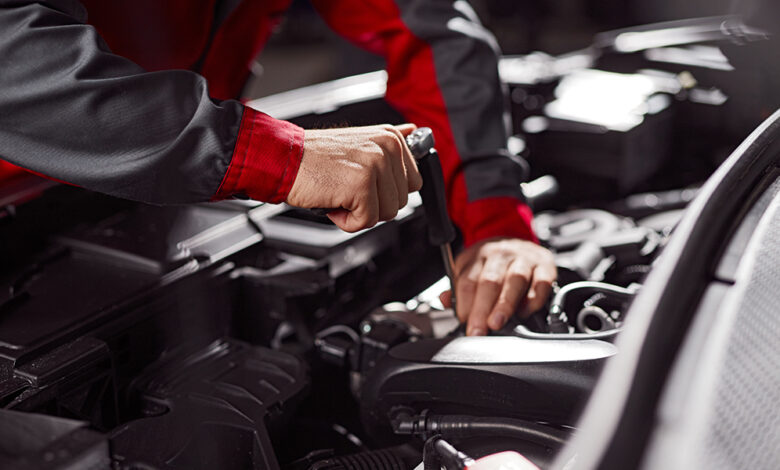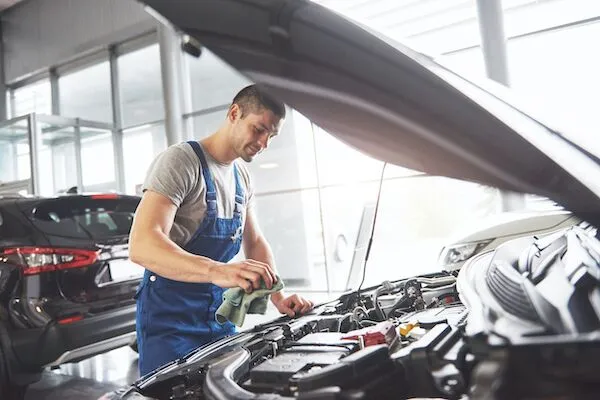The Impact of Rust and Corrosion on the Master Cylinder

One essential part of a car’s braking system is the master cylinder. It enables the brakes to operate efficiently by converting the force applied to the brake pedal into hydraulic pressure. For brakes to be safe and dependable, the master cylinder must be kept in good condition. The master cylinder is prone to rust and corrosion, like many other metal parts, which can cause major problems with operation. For the sake of vehicle maintenance and safety, it is essential to comprehend how rust and corrosion impact the master cylinder.
How Rust and Corrosion Occur
When metal parts are exposed to air, moisture, and other environmental pollutants, a harmful chemical process is started that leads to rust and corrosion. Corrosion specifically refers to the slow deterioration of the metal itself, as opposed to normal wear and tear, which is caused by mechanical friction. Brake fluid, which has the capacity to absorb moisture over time, is regularly exposed to the master cylinder in automobile brakes. Both within and outside the cylinder, the environment created by the absorbed moisture encourages the production of rust. When corrosion sets in, it can seriously weaken seals and other important parts, resulting in leaks, poorer braking, and eventually jeopardizing the safety and dependability of vehicles. To stop corrosion and guarantee the longevity of these crucial parts, routine inspections and maintenance are needed.
The Consequences of Corroded Master Cylinders

Rust and corrosion can have serious effects on the master cylinder. First and foremost, brake fluid leaks caused by corroded parts can have a major impact on the hydraulic pressure required to engage the brakes correctly. Ineffective braking caused by inadequate pressure might put drivers in potentially hazardous circumstances. Internal rust can also hinder the cylinder’s operation, which can impact the entire brake system and lead to its complete failure. If corrosion is not addressed, drivers may experience longer stopping distances, sluggish brakes, or even total brake failure.
Best Practices for Prevention
A few crucial procedures should be followed in order to shield the master cylinder from rust and corrosion. First and foremost, the braking system must be regularly inspected. For professional assistance, consider visiting a trusted provider of Auto Repair in Houston, TX to ensure your braking system remains in top condition. Examine the area surrounding the brake lines and master cylinder for any indications of moisture or discoloration. Additionally, because old brake fluid can draw water and promote corrosion, make sure the fluid is replaced on a regular basis and that the quantity is acceptable.
Conclusion
Corrosion on the master cylinder could compromise car safety. Car owners must understand these processes and their outcomes. Preventive measures including routine inspections, fluid maintenance, and protective coatings can extend master cylinder life and make driving safer. Actively addressing rust improves braking system reliability and road safety.




